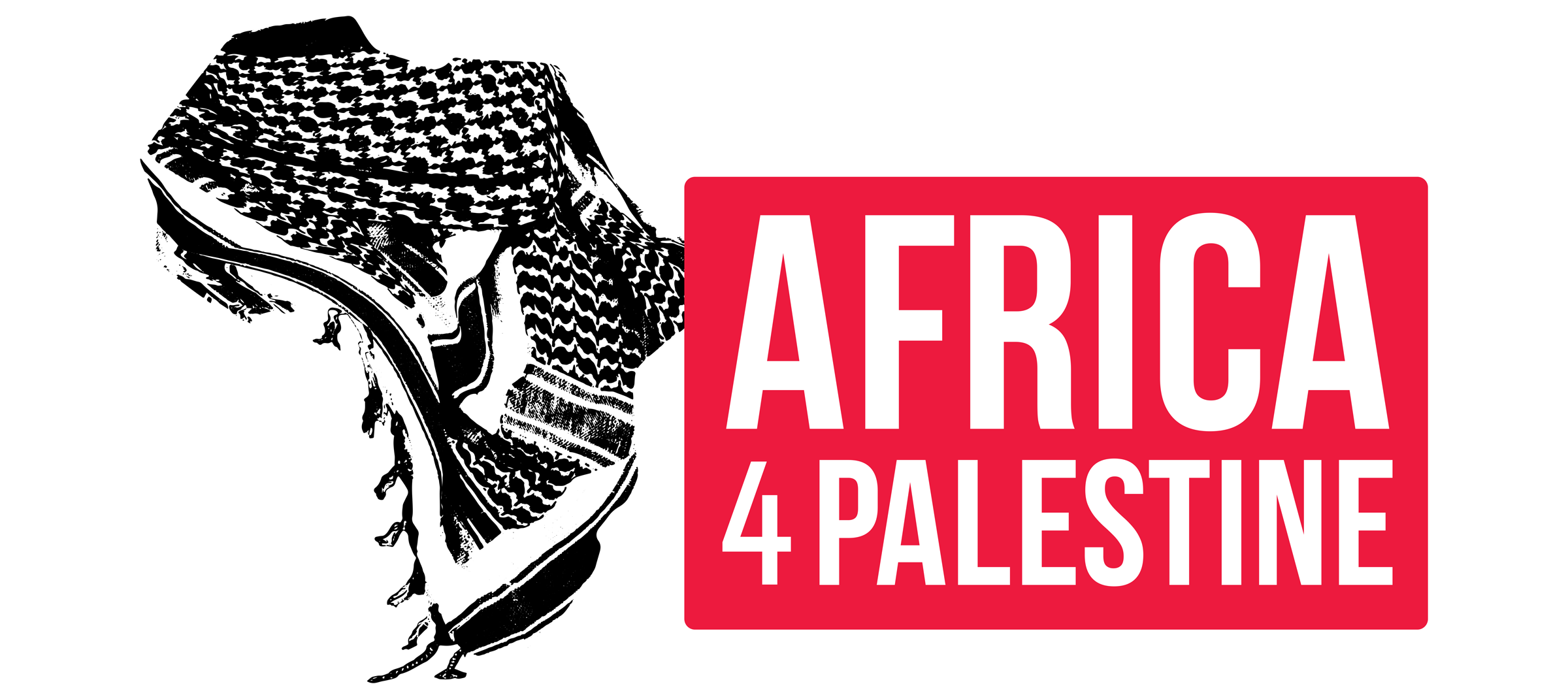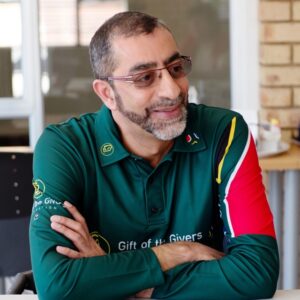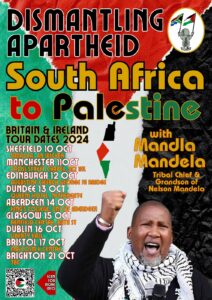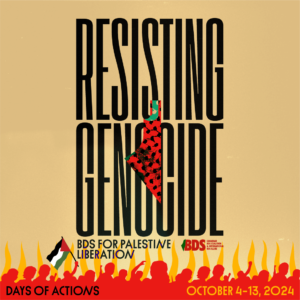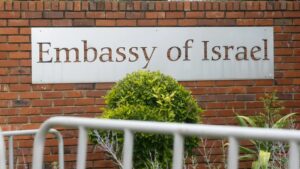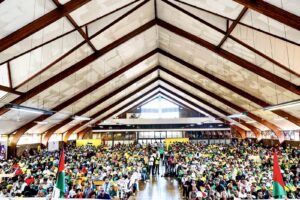As a Hindu I am often asked – why do you support the Palestinian cause and struggle against Israel’s occupation and oppression? This is obviously based on the fallacy that it’s a “Muslim issue” only. Palestinians constitute Muslims, Christians , atheists, etc, therefore this issue can’t be reduced to just a “Muslim issue”. Palestinian human rights are being suppressed by the Israeli regime. Therefore, I respond as a humanist, because this is a human rights issue. The Mahabarat focuses on deciding what is right from wrong and fighting social injustices, therefore , activism is promoted and we thus have the duty to act when we are faced with social injustice. I also respond as a South African because we have the duty to help the international communities who helped us during apartheid, Palestine being one of them.
I recently attended a youth camp in Palestine hosted by the Palestinian Higher Council for Sport and Youth. I was traveling with a delegation of four young people, two of them were detained and deported by Israel and two of us made it in. We spent 10 days touring different cultural, political and religious sights in Palestine with over 100 other participants from across the globe, who (together with the local Palestinian hosts) inevitably became family. To go into details regarding all that I saw and heard would require an in depth article and I would like to focus on one incident, and probably the most emotional experience during the trip.
It was a Thursday afternoon, my Palestinian friend dressed me in hijab to go into the Al Aqsa mosque – a mosque which she is barred from entering by Israel and its apartheid policies. Her soul ran through the threads of the hijab which covered me. I was carrying both of our spiritual connections through the dehumanizing Israeli checkpoints into Jerusalem. That’s what the checkpoints can’t bar, intangible connections that people of the land have with places like Jerusalem – a city that should be open to all but is blocked by Israel.
We had to leave our Palestinian friends behind because Palestinians have to get permission from Israeli forces to cross the checkpoint into Jerusalem and inevitably, permits are rarely given and almost always denied. Foreigners can generally enter the capital city of Palestine, but Palestinians can’t.
Most of our Palestinian friends have never been to Jerusalem – their own capital. They have never walked the vintage pathways of their ancestors in the old city. They have never breathed in the scent of falafels and olives being sold by resilient old Palestinian men who refuse to give up Jerusalem. They have never heard the echoing sound of the call to prayer from the holy Al Aqsa. They have never prayed at Al Aqsa nor felt the spirituality emanating from the dome of the rock when you put press your body and forehead against it. Some have never felt the warmth of their family’s age old homes.
Before getting onto the bus, I could feel the sadness of my Palestinian friends clogging up my own chest. There was agony in the atmosphere. We hugged each other and cried. The depth of their sadness was aching. Watching my friends cry from the bus window filled me with pain, pain that stay with me today.
Two of our Palestinian friends decided to risk coming without a permit. They both put up facades that “they’re okay and they’re not scared” but I could see how fidgety their hands were, how sometimes facial expressions of fear broke through their nonchalance. But that’s how resilient they were, they were adamant to make it!
At the Israeli checkpoint, we all sat down in statue mode, as if holding our breath and remaining still would make us invisible to the Israeli forces and so we could smuggle our Palestinian friends into Jerusalem. They sat at the back of the bus and tried to blend between us.
Passing the actual Israeli checkpoint was a moment of torment; feeling vulnerable in my sweat pants and jersey with my backpack filled with snacks and my phone, momentarily facing the Israeli soldiers in their army uniform, holding large guns, with facial expressions of hatred. I avoided eye contact, some people pretended to be asleep to cast off the anxiety that came with facing the IDF. Did my parents and black South Africans face similar issues in going from one town to another during Apartheid?
The entire bus erupted with cheering as soon as we passed the Israeli checkpoint. For two of our Palestinian friends who came with in the bus made it into Jerusalem for the first time! The happiness on their faces was a huge threat to the oppressive Israeli system. Their happiness was revolutionary! We beat the apartheid regime, even if for just a day.
One of our friends who didn’t risk it, spent the night crying out of regret. He continuously replayed the image of him getting through the checkpoint into Jerusalem and it hurt him. I felt devastated to have had the experience while he and the majority of Palestinians continue to be denied access into their own space, their own cities, their own homeland.
Jerusalem. An old city so overpopulated yet so vacant. A city waiting for its original and indigenous residents, the Palestinians, who were stuck on the other side of the checkpoint. Their only crime is that they are Palestinian, and not Jewish.
Karishma Magan is a activist and volunteers at BDS SA
This article was originally published by The Post newspaper on 08 March 2017
